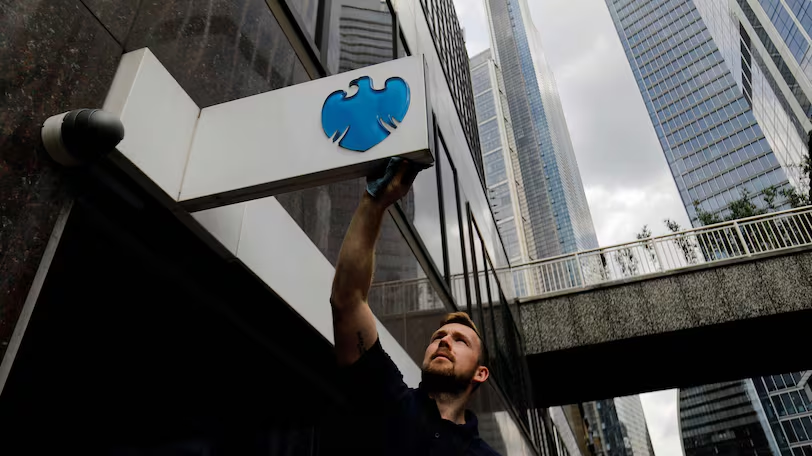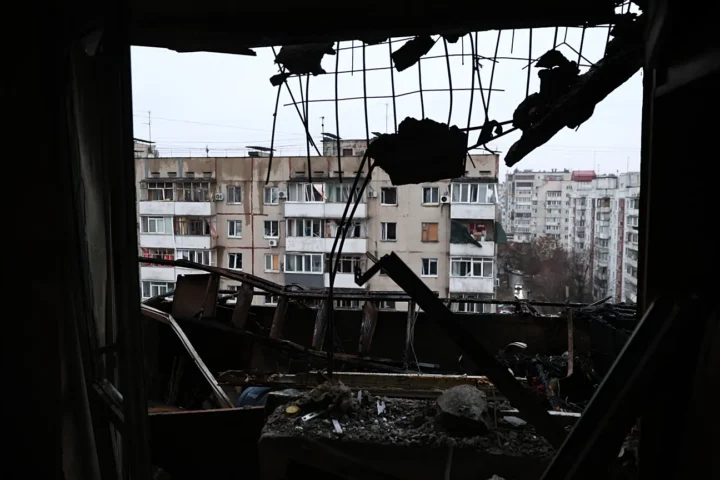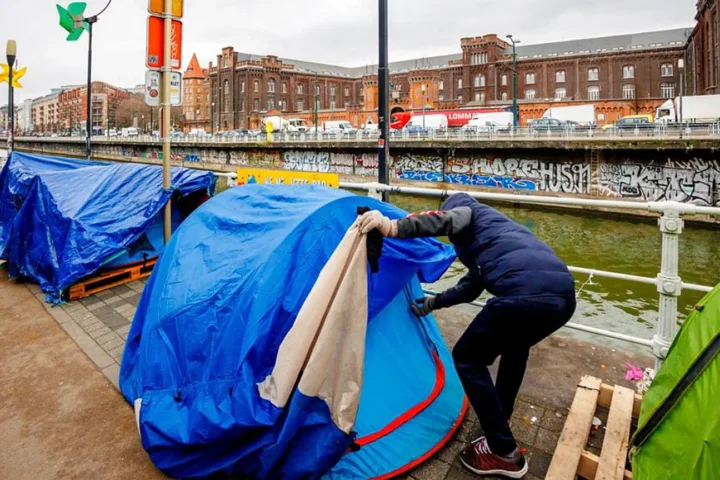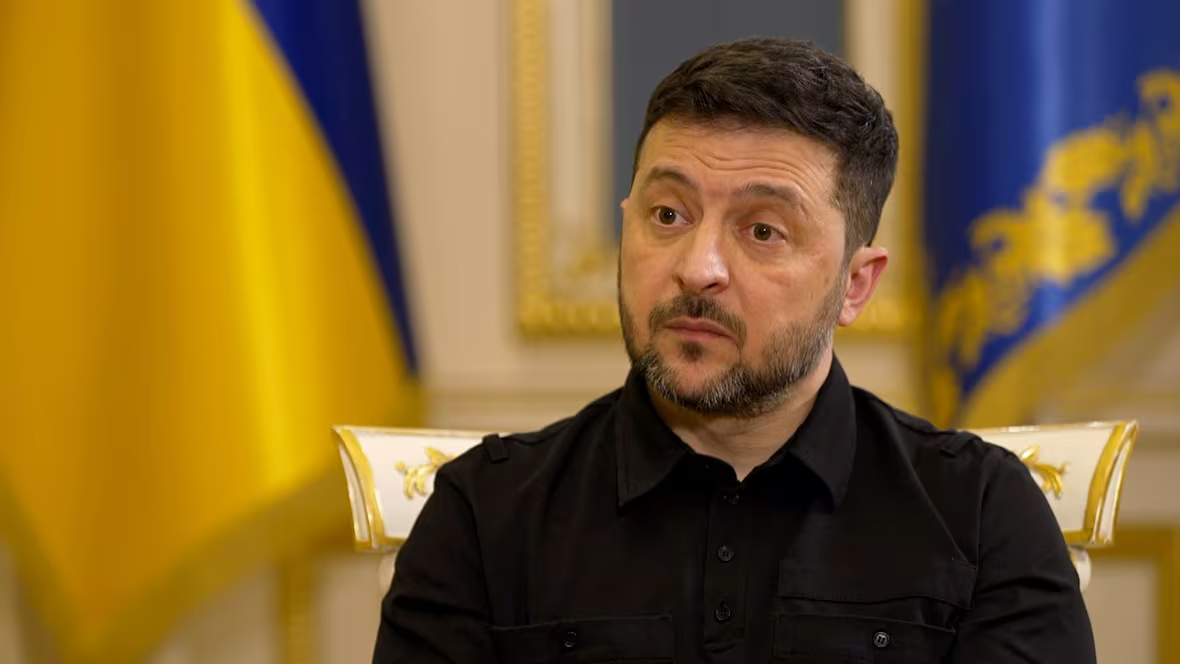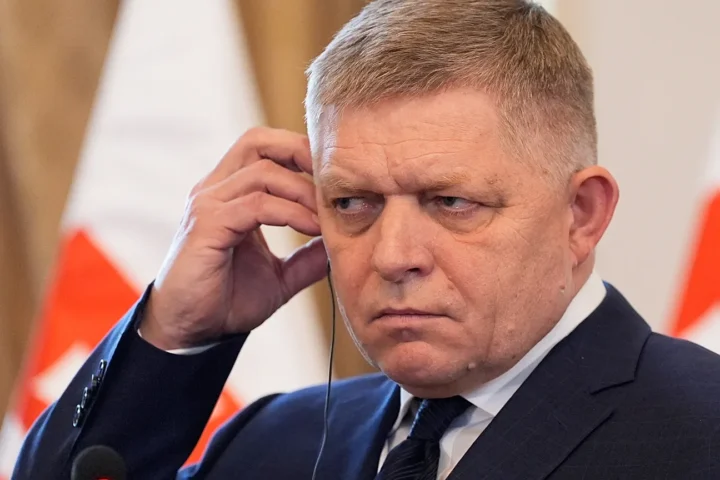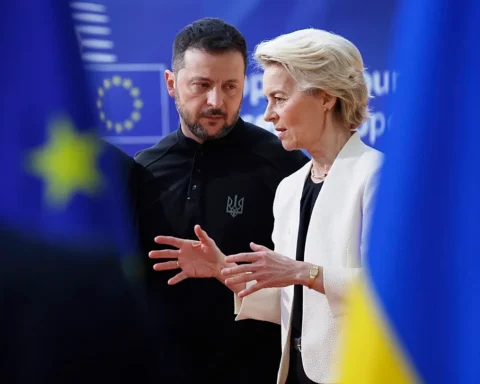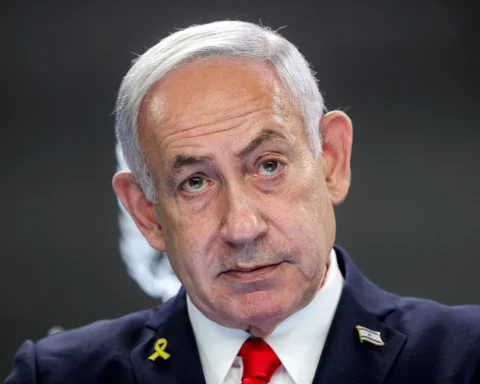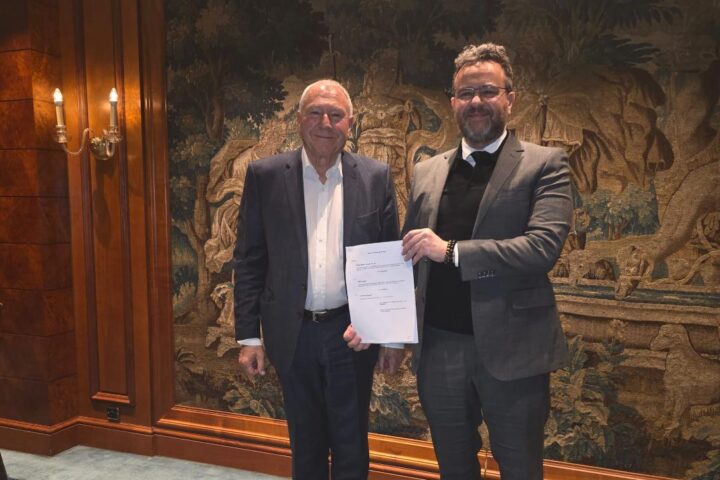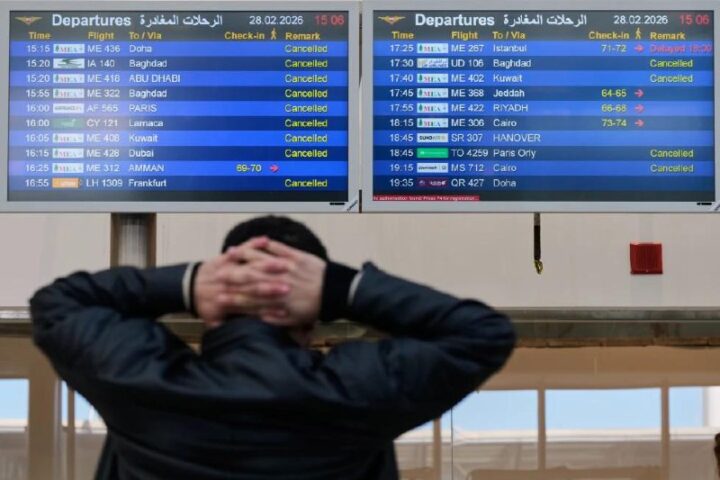Since assuming the presidency of the European Commission in December 2019, Ursula von der Leyen has emerged as one of the most consequential and polarizing figures in European politics. Heralded by supporters as a transformative leader poised to revitalize the European Union amid unprecedented challenges, she has also faced skepticism and criticism that question the sincerity and effectiveness of her leadership. This duality—between reinvention and perceived deception—frames an ongoing debate about the direction and integrity of the EU under her stewardship.
The Rise of Ursula von der Leyen: A New Chapter for EU Leadership?
Von der Leyen’s ascent to the top EU post was itself a break from tradition. A former German defense minister and the first woman to hold the commission presidency, she brought a unique blend of political experience and a promise of change. From the outset, she positioned herself as a forward-thinking leader committed to tackling Europe’s most urgent crises: climate change, digital innovation, social justice, and geopolitical assertiveness.
Her signature initiative, the European Green Deal, aimed at making Europe the world’s first climate-neutral continent by 2050, exemplified a bold vision for a sustainable future. Simultaneously, she pushed for strengthening the EU’s digital economy and championed the bloc’s strategic autonomy on the global stage, particularly amid rising US-China tensions.
Moreover, von der Leyen’s leadership came at a time when the EU grappled with internal divisions—Brexit’s aftermath, rising nationalism, and strains on rule of law within member states. She vowed to bridge these gaps and restore unity, emphasizing a more resilient and values-driven Europe.
Ambition Meets Reality: Successes and Criticisms
Despite her ambitious agenda, von der Leyen’s tenure has been met with mixed reviews.
Achievements
- Green Deal Progress: The EU has made strides in passing climate legislation, setting binding targets on emissions reductions, renewable energy adoption, and circular economy initiatives.
- COVID-19 Response: Under her leadership, the EU coordinated a large-scale vaccine procurement and recovery fund, marking a rare moment of collective action and fiscal solidarity.
- Digital Initiatives: The commission introduced regulations aimed at tech giants, data privacy, and artificial intelligence governance, seeking to position the EU as a global digital rulemaker.
Critiques
- Perceived Lack of Transparency: Critics argue that von der Leyen’s Commission operates with limited transparency, particularly around high-stakes negotiations and decision-making processes, raising questions about democratic accountability.
- Political Maneuvering: Her ascent to the presidency was reportedly marked by intense political bargaining behind closed doors, leading some observers to view her leadership as a product of backroom deals rather than a democratic mandate.
- Unmet Promises: Skeptics highlight that some flagship initiatives have faced delays or dilution, and that member states’ divergent interests often impede meaningful progress, challenging the notion of a cohesive EU under her direction.
- Handling of Rule of Law Issues: The EU’s struggle to enforce rule of law standards in countries like Poland and Hungary remains unresolved, with von der Leyen accused of cautiousness in confronting member states to preserve unity.
The Balancing Act: Reinvention or Political Facade?
Ursula von der Leyen’s leadership embodies the tension between aspiration and realpolitik. On one hand, she symbolizes a reinvention of EU leadership—a woman breaking glass ceilings, advancing progressive policies, and responding proactively to global challenges.
On the other hand, the EU’s inherent complexities, competing national interests, and institutional inertia often constrain her ability to deliver on promises fully. This dynamic feeds narratives that her presidency might be more about projecting an image of decisive leadership than achieving substantive transformation.
Moreover, the communication style of her administration—often polished and media-savvy—has led some to question whether style sometimes eclipses substance, and whether public relations efforts mask deeper systemic issues.
The Road Ahead: Challenges and Opportunities
As the EU faces an increasingly volatile global environment—with energy crises, geopolitical tensions, economic uncertainties, and internal fragmentation—von der Leyen’s leadership will be tested further.
Key questions remain:
- Can she successfully navigate member states’ divergent agendas to uphold EU values and foster deeper integration?
- Will the European Green Deal become a lasting legacy, or will climate ambitions succumb to political compromises?
- Can the EU assert itself as a global player in technology and digital regulation without stifling innovation?
- How will von der Leyen handle rising populism and threats to democratic norms within the bloc?
Conclusion
Ursula von der Leyen stands at a crossroads between reinvention and the risk of being perceived as a political facade. Her presidency has brought renewed energy and ambitious vision to the European Commission, yet it also confronts the realities of governing a complex and diverse union.
Whether history will remember her as the leader who redefined Europe’s future or as one whose promises faltered amid political constraints will depend largely on how she manages the delicate balance between aspiration and pragmatism in the years to come. The two faces of Ursula—visionary and politician—may both be necessary parts of leading the EU in turbulent times.


